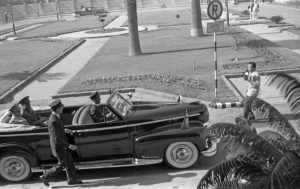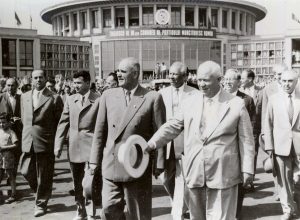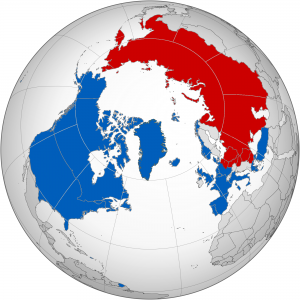
How did Tito’s Yugoslavia Navigate Between Two Conflicting Cold War Blocs?
It is well known that there were two conflicting superpowers during the Cold War, the East and the West. But there was also a tension effort to create a third power. That effort is called the Non- Alignment Movement. During his rule, Stalin was so powerful that every time he waved his hand, people would vanish. His fellow citizens understood very well that “wave”. More than any Russian tsar ever, Stalin had a tendency to expand to the West and incorporate Eastern Europe into the Soviet zone of influence. Therefore, through his employment of the Communist Information Bureau (Cominform), after the banishment of Yugoslav leader Josip Broz Tito he hoped to see the return of pro-Soviet elements to the leadership of the Yugoslav Communist Party.
Read More


